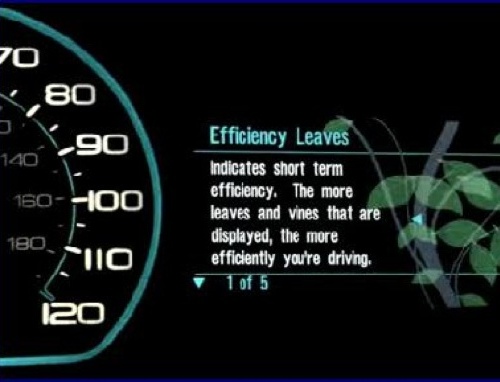Over at Institute for the Future, Mathias Crawford recently published a thoughtful essay on how games persuade us to change our behavior:
Ends vs. Means and Persuasive Games
As (Carnegie Mellon professor Jesse) Schell points out (in a videotaped speech making the rounds this week), persuasive technologies like the Ford Fusion dashboard, are already being designed with game-like feedback in mind. To him these technologies fall short, however, because they are being engineered by people who are not game designers. If game designers would start to design reward systems that aimed to improve behaviors, we’d have feedback mechanisms that are much more enjoyable, and as a corollary that are much more effective.
Though I agree with his conclusion – that there is a clear need for people with game design expertise to design things that can help people improve behaviors – by focusing on creating technologies that aim to achieving measurable ends, Schell misses a much more important use of persuasive technologies: namely, technology that aims to influence means.
Via Boing Boing.
Ford Fusion dashboard: “Efficiency Leaves — Indicates short term efficiency. The more leaves and vines that are displayed, the more efficiently you’re driving.”
